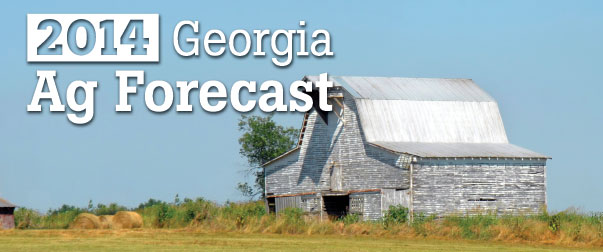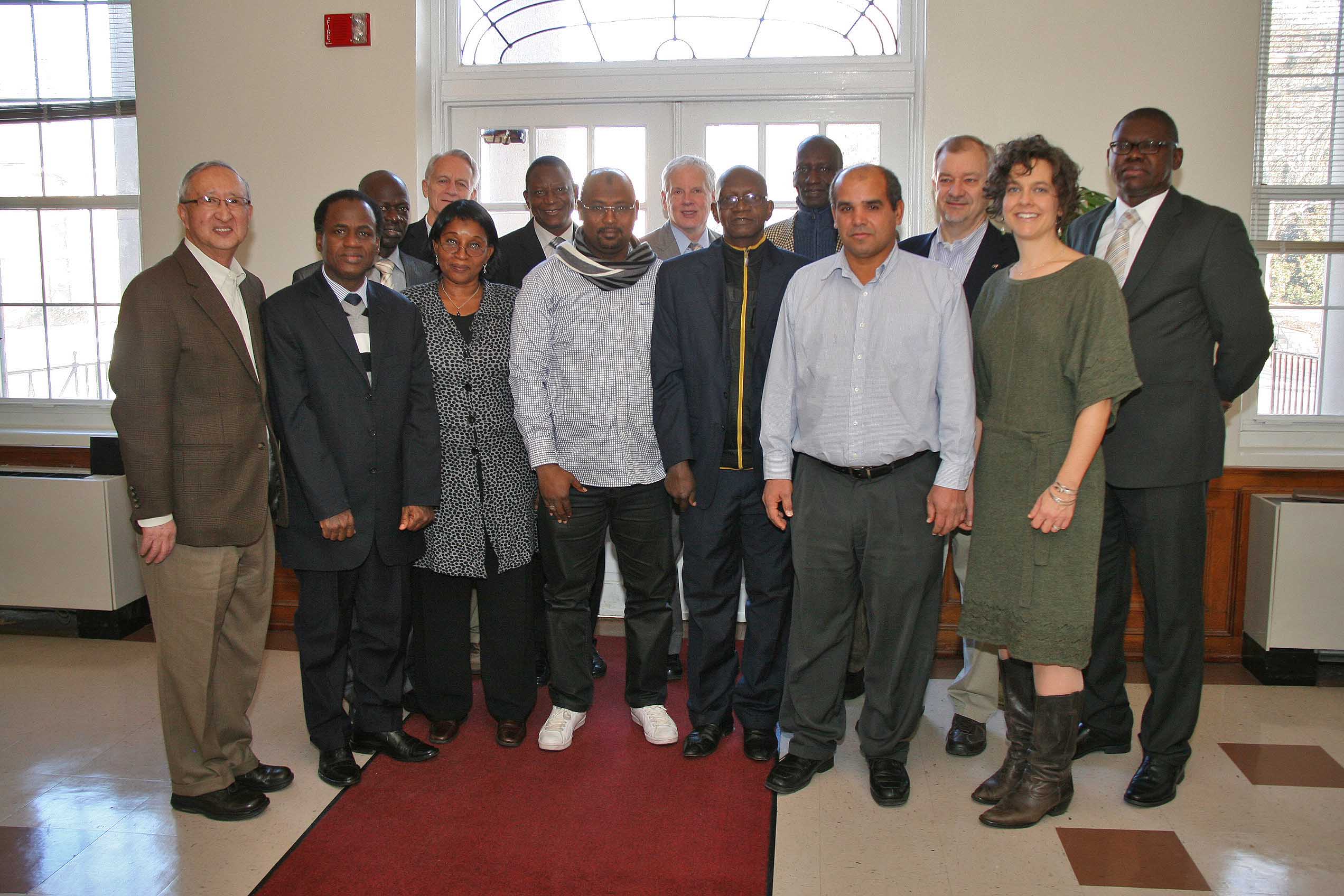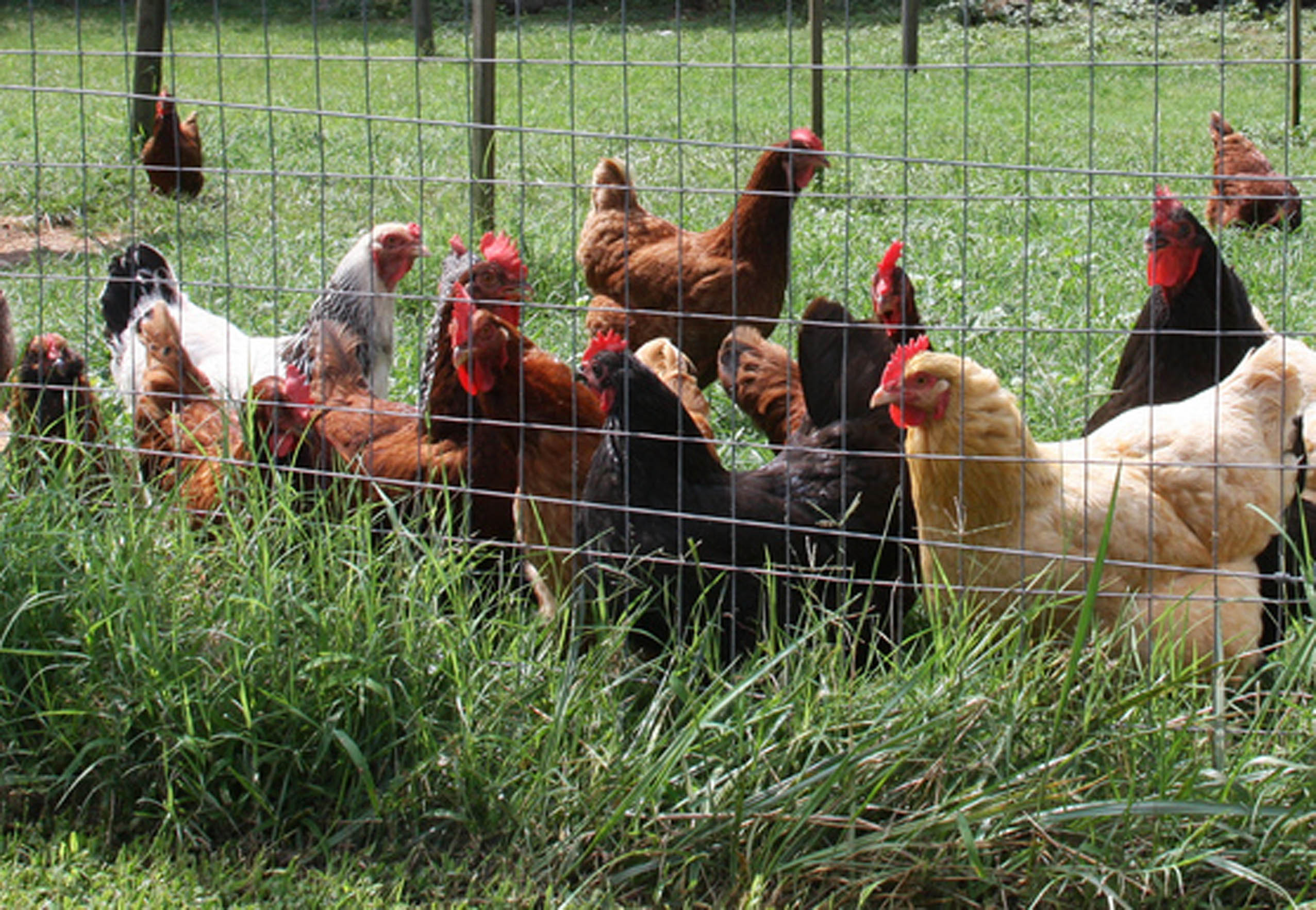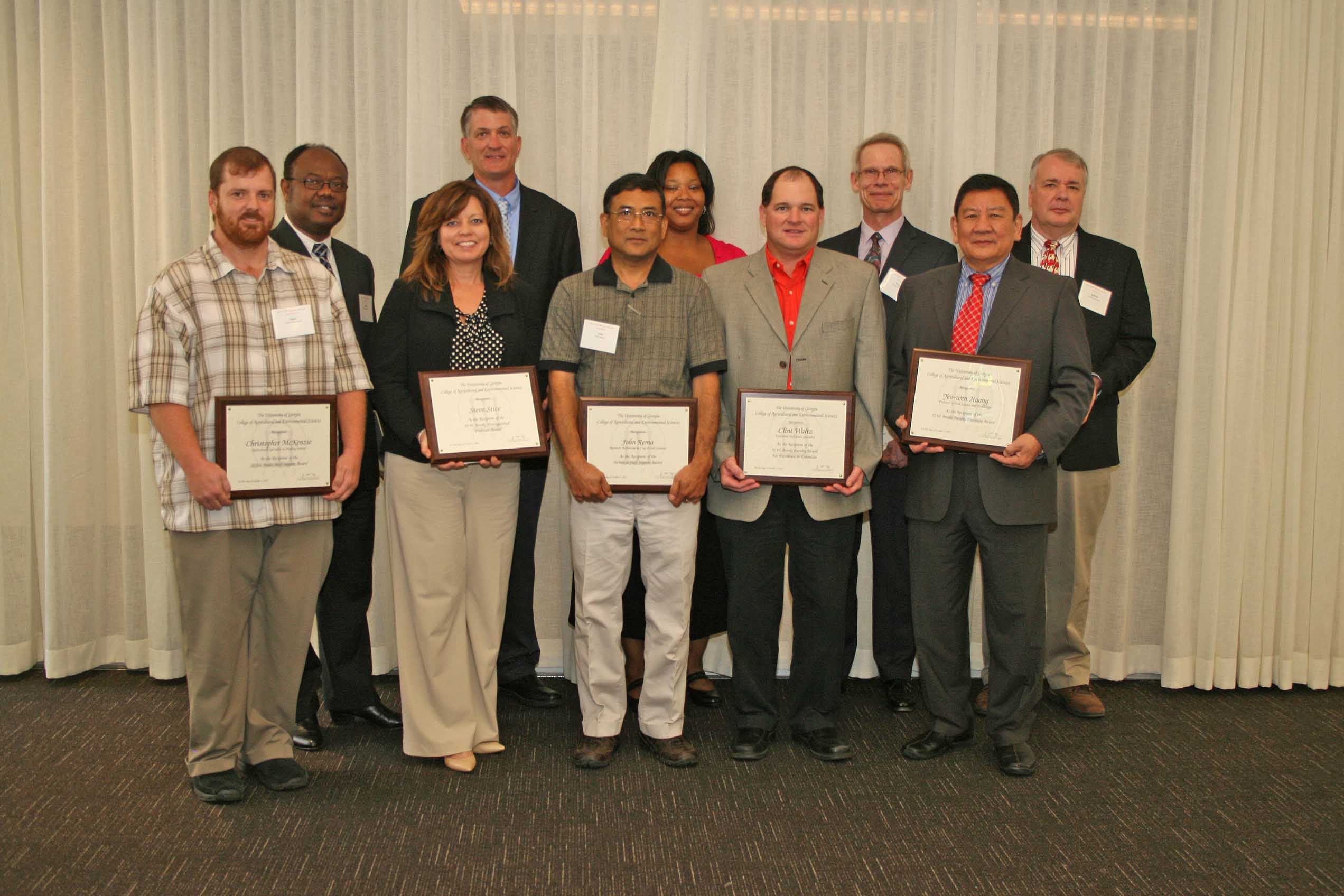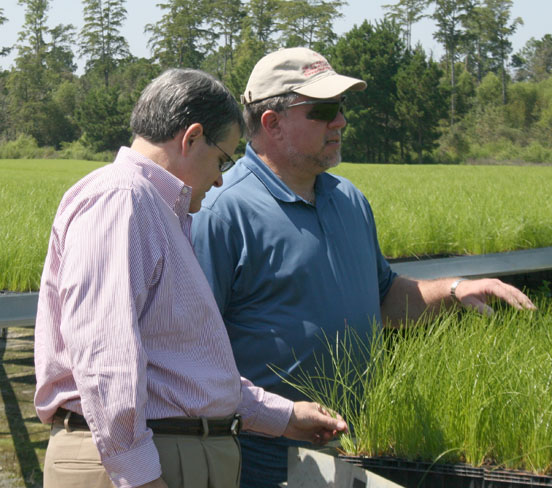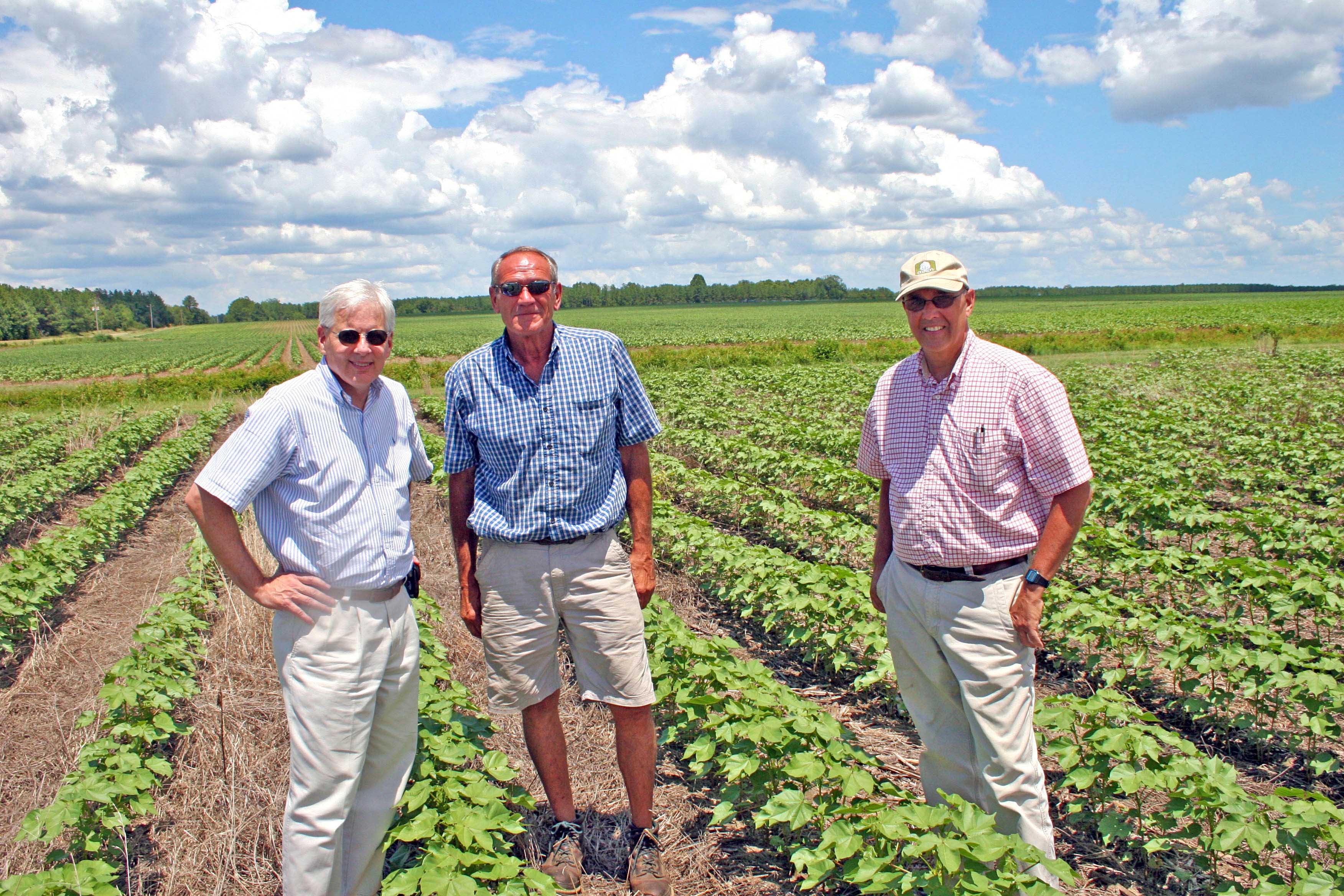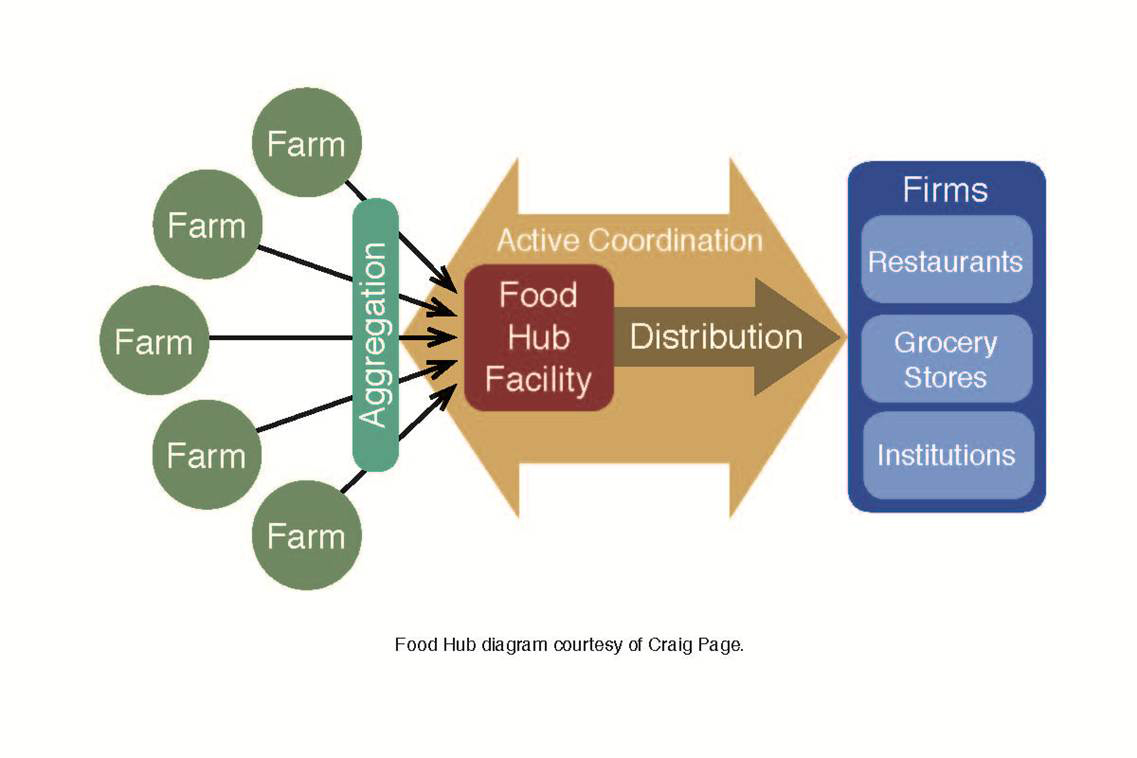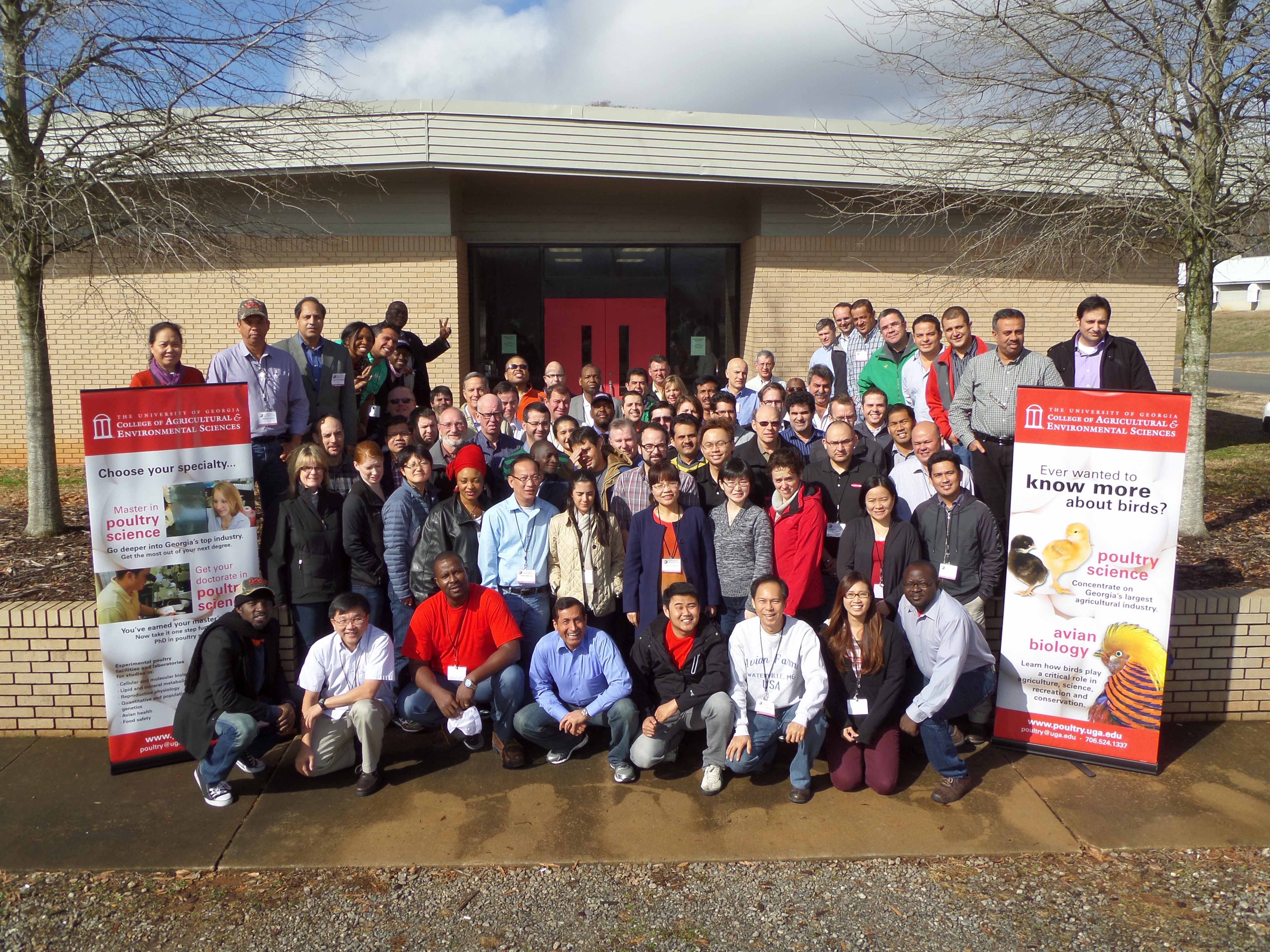 CAES News
CAES News
International Poultry
More than 85 poultry professionals and scientists from Georgia, the U.S. and around the world gathered in Athens Jan. 31 to Feb. 4 for a comprehensive, four-day short course on the latest information on poultry production.

